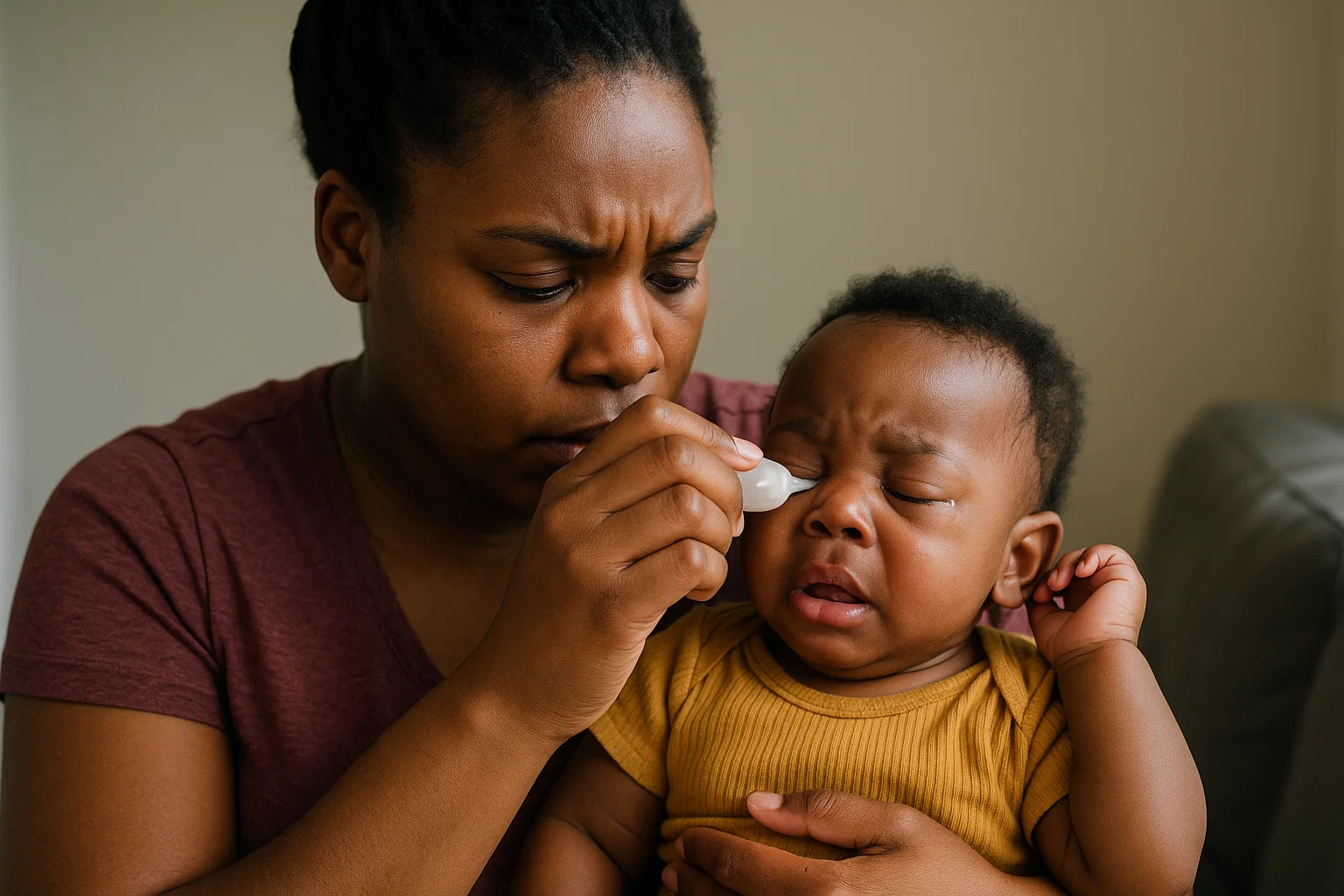HEALTH

BREAST MILK USE FOR EYE INFECTIONS CAN CAUSE BLINDNESS – EXPERTS WARN
Ophthalmologists in Nigeria have issued a strong warning against using breast milk or cow urine as home remedies for eye infections, cautioning that such practices can lead to severe complications, including blindness.
Medical experts emphasized that while breast milk is nutritious for infants, it is not sterile and can introduce harmful bacteria into the eyes. Cow urine, they added, poses even greater risks due to its high microbial content. These unsafe treatments often delay proper care and worsen otherwise manageable conditions.
Dr. Festus Oshoba, Chief Consultant Ophthalmologist, raised these concerns at the 26th Annual Lecture of the Faculty of Ophthalmology, National Postgraduate Medical College of Nigeria. He attributed the continued use of such remedies to cultural myths and misinformation, describing them as "force majeure" factors undermining eye health in the country.
“Practices like using breast milk, cow urine, or camphor for eye ailments are not only unscientific but dangerous,” Dr. Oshoba stated. He urged Nigerians to seek prompt care from certified eye professionals and protect their eyes from harmful UV rays using sunglasses or photochromatic lenses.
He also highlighted the risks of facial injuries, particularly in children, noting that even a slap can lead to internal eye bleeding and permanent vision loss.
To combat preventable blindness, Oshoba stressed the importance of routine eye screenings and daily self-checks using vision charts at home. He also debunked cultural beliefs that link blindness to spiritual causes, explaining that many vision problems stem from treatable medical conditions like glaucoma, diabetes, or brain tumors.
Professor Charles Bekibele, Chairman of the Faculty of Ophthalmology, echoed similar concerns, pointing to Nigeria’s worsening “brain drain” in the healthcare sector. “In just five years, our number of ophthalmology residents dropped from 30 to five at University College Hospital, Ibadan,” he noted, citing economic hardship and lack of training equipment as key drivers.
Bekibele emphasized the urgent need for modern tools, including surgical simulators for cataract training—the most common cause of blindness in Nigeria. “Training without simulators is like teaching pilots without flight experience,” he said.
In response, Dr. Olatunji Olowolafe, Chancellor of Ekiti State University, announced a $9,800 donation to purchase a surgical simulator, calling it a step toward modernizing eye care education in Nigeria.
“With simulation labs, we can train world-class ophthalmologists who are prepared before performing real surgeries,” he said, adding that improved infrastructure could reduce medical migration and turn Nigeria into a hub for eye care and training.
"This represents a significant development in our ongoing coverage of current events."— Editorial Board









